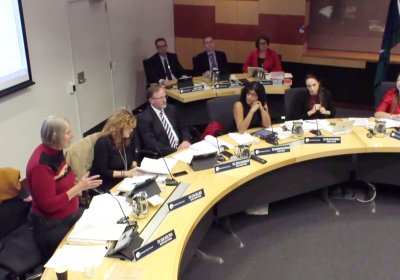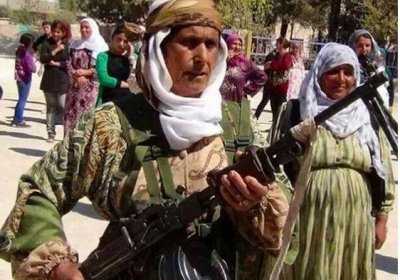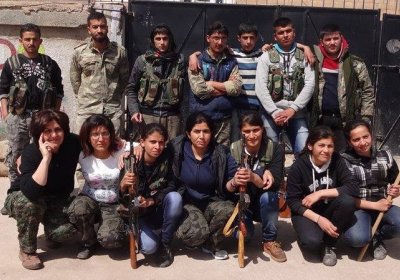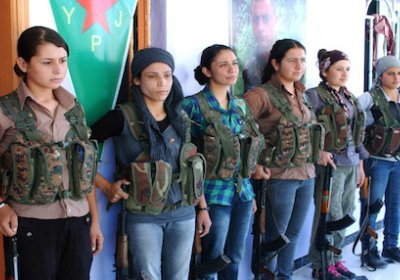 Photo: Kurdpress.com.
The June 7 elections to Turkey’s Grand National Assembly are shaping up to be the most important in a long time. The bold decision of the People’s Democratic Party (HDP) to run as a party and strive to exceed the grossly undemocratic 10% threshold needed to win representation in parliament has put the group at the political centre stage.
Photo: Kurdpress.com.
The June 7 elections to Turkey’s Grand National Assembly are shaping up to be the most important in a long time. The bold decision of the People’s Democratic Party (HDP) to run as a party and strive to exceed the grossly undemocratic 10% threshold needed to win representation in parliament has put the group at the political centre stage.
Dave Holmes
 Photo: Kurdpress.com.
The June 7 elections to Turkey’s Grand National Assembly are shaping up to be the most important in a long time. The bold decision of the People’s Democratic Party (HDP) to run as a party and strive to exceed the grossly undemocratic 10% threshold needed to win representation in parliament has put the group at the political centre stage.
Photo: Kurdpress.com.
The June 7 elections to Turkey’s Grand National Assembly are shaping up to be the most important in a long time. The bold decision of the People’s Democratic Party (HDP) to run as a party and strive to exceed the grossly undemocratic 10% threshold needed to win representation in parliament has put the group at the political centre stage.
Socialist Alliance councillor Sue Bolton spoke to Dave Holmes about her work as an elected socialist local councillor in Moreland, a municipality in Melbourne. This is the second of a series of interviews with Sue Bolton.
A lot is at stake in Turkey’s parliamentary elections to be held on June 7 — for the ruling Justice and Development Party (AKP) as well as the oppressed Kurdish population.
Australians for Kurdistan (AFK) committee has launched a campaign for the Kurdistan Workers Party (PKK) to be removed from the Australian government’s list of terrorist organisations.
The PKK was first listed in 2005; its listing comes up for review this August.
In the light of the frontline role the PKK has played in fighting the Islamic State killers in Syria and Iraq and in mobilising support within Turkey for Rojava (the Kurdish-majority liberated zone in northern Syria), to label the PKK as “terrorist” is simply ridiculous.
- Previous page
- Page 3
- Next page









